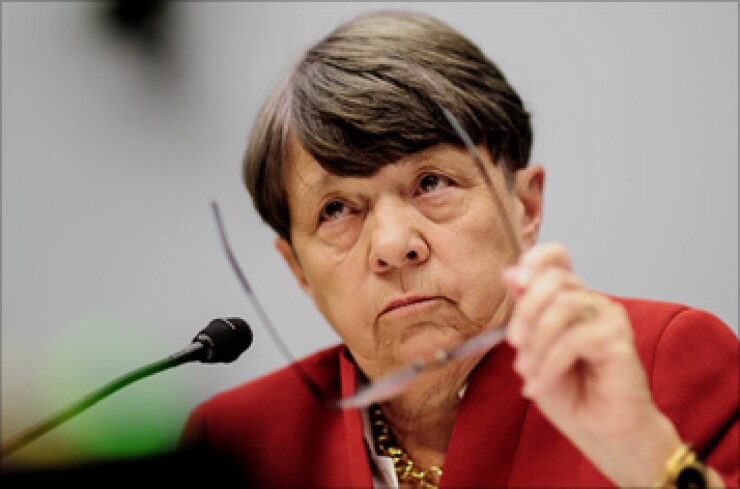
WASHINGTON — Securities and Exchange Commission members have unanimously approved new rules to require self-regulatory organizations and alternative trading systems to strengthen their defenses against technological failures.
The rules, together known as Regulation Systems Compliance and Integrity, or Regulation SCI, impose requirements on various market participants including muni regulators like the Municipal Securities Rulemaking Board and the Financial Industry Regulatory Authority.
Reg SCI is aimed at reducing the occurrence of systems issues and improving resiliency when systems problems do occur. It would force self-regulators, ATS, and other services plugged into the capital markets to shore up their policies and procedures for preventing and dealing with technology problems.
"The rules adopted today mark an historic shift in the commission's regulation of the U.S. securities markets that will better protect investors by requiring comprehensive new controls for the technological systems that form the core of our current markets," said SEC chair Mary Jo White. "The rules provide greater accountability for those responsible for our critical market systems, helping ensure that such systems operate effectively and that any issues are promptly corrected and communicated to market participants and the commission."
The rules were spurred by a 2013 Nasdaq system failure that temporarily halted market activity.
The new rules provide a framework for affected entities to take corrective action when systems issues occur, provide notifications and reports to the SEC regarding systems problems and changes. They must inform members and participants about systems issues, conduct business continuity testing, and conduct annual reviews of their automated systems.
ATS' that deal exclusively in corporate and muni bonds get a carve-out, White said, because they pose less of a threat to the market.
"We should not simply apply by rote the equity market framework as if 'one size fits all' when, as I have highlighted before, fixed income markets rely much less on automation and electronic trading, and exhibit considerably less liquidity," White said. "Currently, the benefits of applying Regulation SCI to the fixed-income markets are thus comparatively low, while the risks of impeding the important regulatory objectives of bringing greater transparency and efficiency to these markets is high."
The rules become effective 60 days after publication in the federal register.





